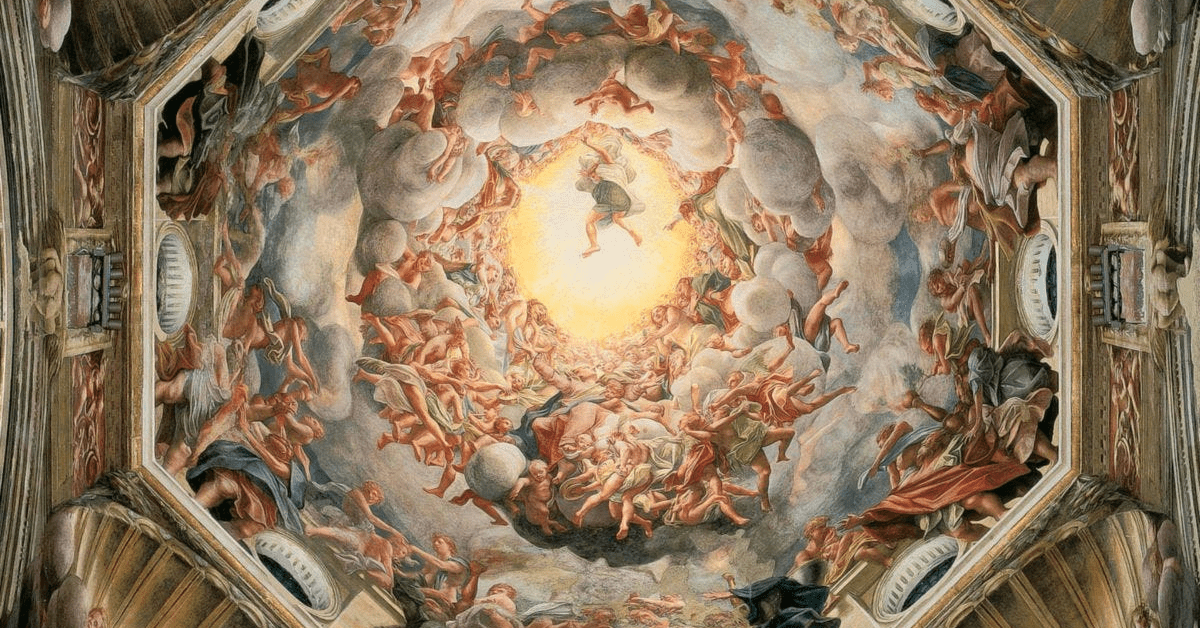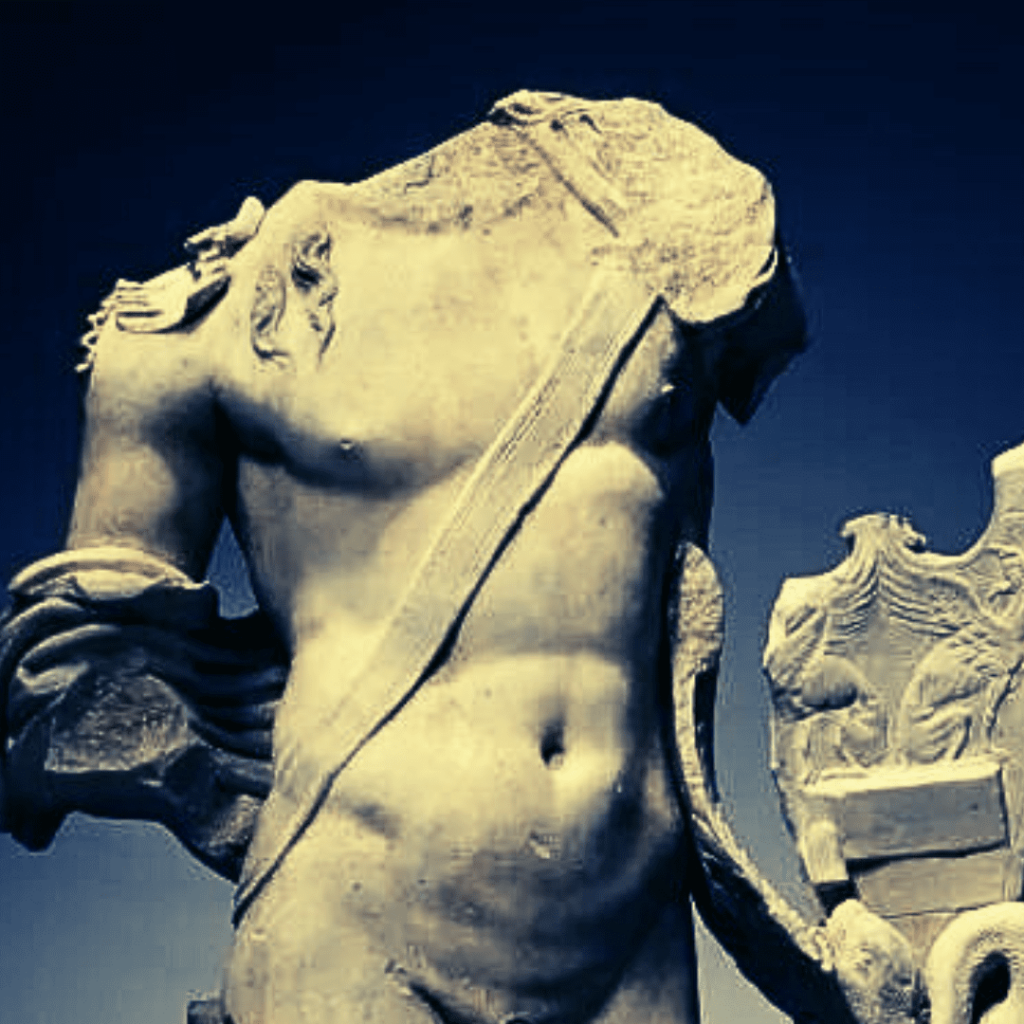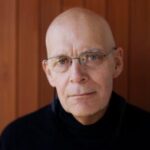A version of this post originally appeared on the author’s Substack.
For many, being Christian commits them to certain attitudes and sentiments, some ethical views, and, perhaps, an affirmation that there is a God. However, you never think of God, and you would cringe–or worry–if someone started talking about being, right now, in the presence of God.
If this is you, I mean no criticism. I would be glad to know you as a fellow Christian. You are who I was before I got cancer. But now, from my side of the border between the Republic of Health and the Kingdom of Cancer, I’m puzzled why you bother with that kind of religion. From here, north of the Illness Border, my former Christianity looks like de facto atheism.
I’ve always held that believing in God implies God is always present, as St Augustine said, “Closer to me than I am to myself.” But that doesn’t mean that I have always been aware of God’s presence.
My mother brought me into the church as a young child in defiance of my father, an atheist natural scientist lacking patience or respect for religion. I became a fervent, churchy kid, also to defy my father.
I received my religious education from youth ministers who had been in the South with Martin Luther King or were inspired by him. They catechized me in justice; I give thanks for this formation. They told me to believe in God but did not convey any direct acquaintance with such a Person.
That’s a weak foundation for the Christian faith, and my beliefs, such as they were, barely survived adolescence. My parents sent me to boarding school at 12. I was glad to leave home; I never looked back. Being at a school where bright peers studied hard was a joy. But none of my friends thought religion was credible. The requirement that we attend chapel proved that Christian beliefs could not withstand criticism. I didn’t disavow faith, but I became quiet about it.
And I fell hard for sex, drugs, and rock and roll, moving quickly through marijuana and LSD to an amphetamine habit.
One intoxicated night during the Spring of Junior year, I realized I was standing at a cliff’s edge. Fleeing the campus, I hitched a ride anywhere or nowhere and slept in the woods. I woke with the conviction that I could not use drugs. Returning to school, I snuck back into my dormitory and threw away my amphetamine supply. The school had abandoned the chapel requirement so that I could resume attendance as an intentional act. I purchased a cross on a chain and began wearing it under my shirt.
One night later that Summer, I walked down a road in my parent’s suburb, singing. I fell onto the grass and into the stars. Who knows how long the experience lasted? It ended when a neighbour enjoying a night walk saw me on the ground and asked if I was okay. Ecstatic, I said, “Yes.”
This was my first direct experience of God. I wrote about it for my college essay; I had enough self-awareness not to compare myself to St Paul. Harvard admitted me anyway.
I’ve had similar but less powerful episodes since; interruptions of power into my life, coming like lightning and leaving like the last reverberations of thunder. Falling into a deep connection in a quiet conversation or into tears on the receipt of the Holy Eucharist.
Cancer has transformed my awareness of God. As time runs out, the Trinitarian God becomes quietly, intimately, and persistently present. “God is present,” however, doesn’t capture the experience. It’s as if spacetime is becoming thinner. It’s as if everything is about to become transparent as the pressure from the Light from Creation stretches spacetime. Rilke put this better than I can:
…his torso
is still suffused with brilliance from inside,
like a lamp, in which his gaze, now turned to low,
gleams in all its power. Otherwise
the curved breast could not dazzle you so, nor could
a smile run through the placid hips and thighs
to that dark center where procreation flared.
Otherwise this stone would seem defaced
beneath the translucent cascade of the shoulders
and would not glisten like a wild beast’s fur:
would not, from all the borders of itself,
burst like a star: for here there is no place
that does not see you. You must change your life.
Cancer is not a gift, but the Light is, and I am grateful to God for what I have and can still become.




